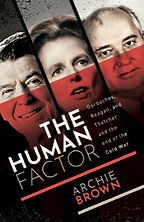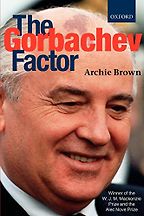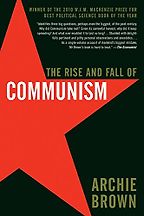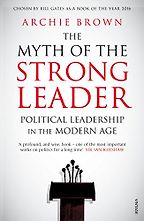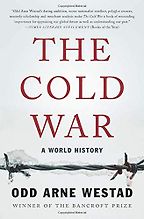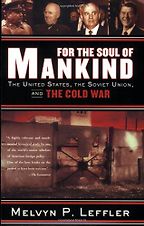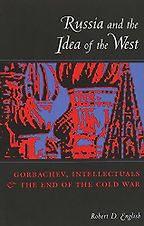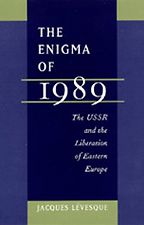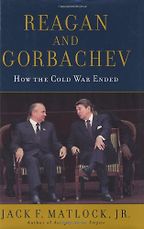
©Rebecca Phillipson
Books by Archie Brown
Archie Brown is Emeritus Professor of Politics at Oxford University and Emeritus Fellow of St Antony’s College, Oxford. He was elected a Fellow of the British Academy in 1991 and has been an International Honorary Member of the American Academy of Arts and Sciences since 2003. His latest book is The Human Factor: Gorbachev, Reagan, and Thatcher, and the End of the Cold War (Oxford University Press, 2020). Brown’s previous books include The Myth of the Strong Leader: Political Leadership in the Modern Age, chosen by Bill Gates as one of the best five books he read in 2016; The Rise and Fall of Communism which won the W.J.M. Mackenzie Prize of the Political Studies Association of the UK for best politics book of the year and also the Alec Nove Prize; and The Gorbachev Factor, an earlier winner of both the Mackenzie and Nove prizes.
The Human Factor: Gorbachev, Reagan, and Thatcher, and the End of the Cold War
by Archie Brown
***Winner of the 2021 Pushkin House Book Prize for the best nonfiction writing on Russia***
In the title of this prizewinning 2020 book, Oxford political scientist Archie Brown, a specialist on the Cold War, pays tribute to Gorbachev’s use of the term ‘the human factor’ (or ‘chelovecheskiy faktor’ in Russian) in the developments that led to the end of the conflict. His earlier book devoted to Gorbachev, published in 1996, is The Gorbachev Factor.
The Gorbachev Factor
by Archie Brown
The Gorbachev Factor by Archie Brown is not a biography as such but looks at the key role Gorbachev played in the transformation of the Soviet Union from communism to a different political system. Gorbachev became the top Soviet leader in March 1985, but Brown had been watching him closely since 1978 when he joined the top Communist Party leadership at an unusually early age. This is an admiring account of Gorbachev but, as one reviewer pointed out, not uncritical.
The Rise and Fall of Communism
by Archie Brown
My aim was to produce a thoroughly researched but readable history of Communism from its intellectual origins to the 21st century, showing the varied ways in which Communist systems came into being in different places, why they lasted for as long they did, and why and how they came to an end, as they have done almost everywhere. The most important of the few remaining Communist states is, of course, China. It remains highly authoritarian but, in important respects, it constitutes a hybrid system. The political power structure characteristic of Communism has been preserved. But the economy is vastly different. If Marx, Lenin or (more to the point) Mao could see it, they would be horrified by the extent to which a Communist Party has turned to the market and allowed the growth of a substantial private sector.
I might add that I was quite well prepared for the task of writing The Rise and Fall of Communism. I had been teaching courses on the comparative study of Communism, first in Glasgow and then for 34 years at Oxford. I had also a lot of experience of living and talking with people in Communist countries (at one point I spent an entire year in Leonid Brezhnev’s Soviet Union).
Interviews with Archie Brown
-

1
The Cold War: A World History
by Odd Arne Westad -

2
For the Soul of Mankind: The United States, the Soviet Union, and the Cold War
by Melvyn P Leffler -

3
Russia and the Idea of the West
by Robert English -

4
The Enigma of 1989: The USSR and the Liberation of Eastern Europe
Jacques Lévesque (trans. Keith Martin) -

5
Reagan and Gorbachev
by Jack Matlock
The best books on The Cold War, recommended by Archie Brown
The best books on The Cold War, recommended by Archie Brown
American military and economic superiority cannot explain why the Cold War came to an end in the late 1980s and early 1990s. According to the historian Archie Brown, you need to accept the primacy of politics and human agency both in the USSR and the West. He chooses five books to understand the Cold War and offers some broader reflections on the qualities of good political leadership—then and now.
